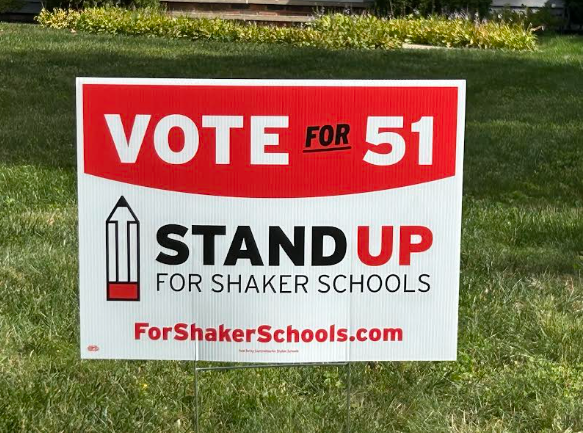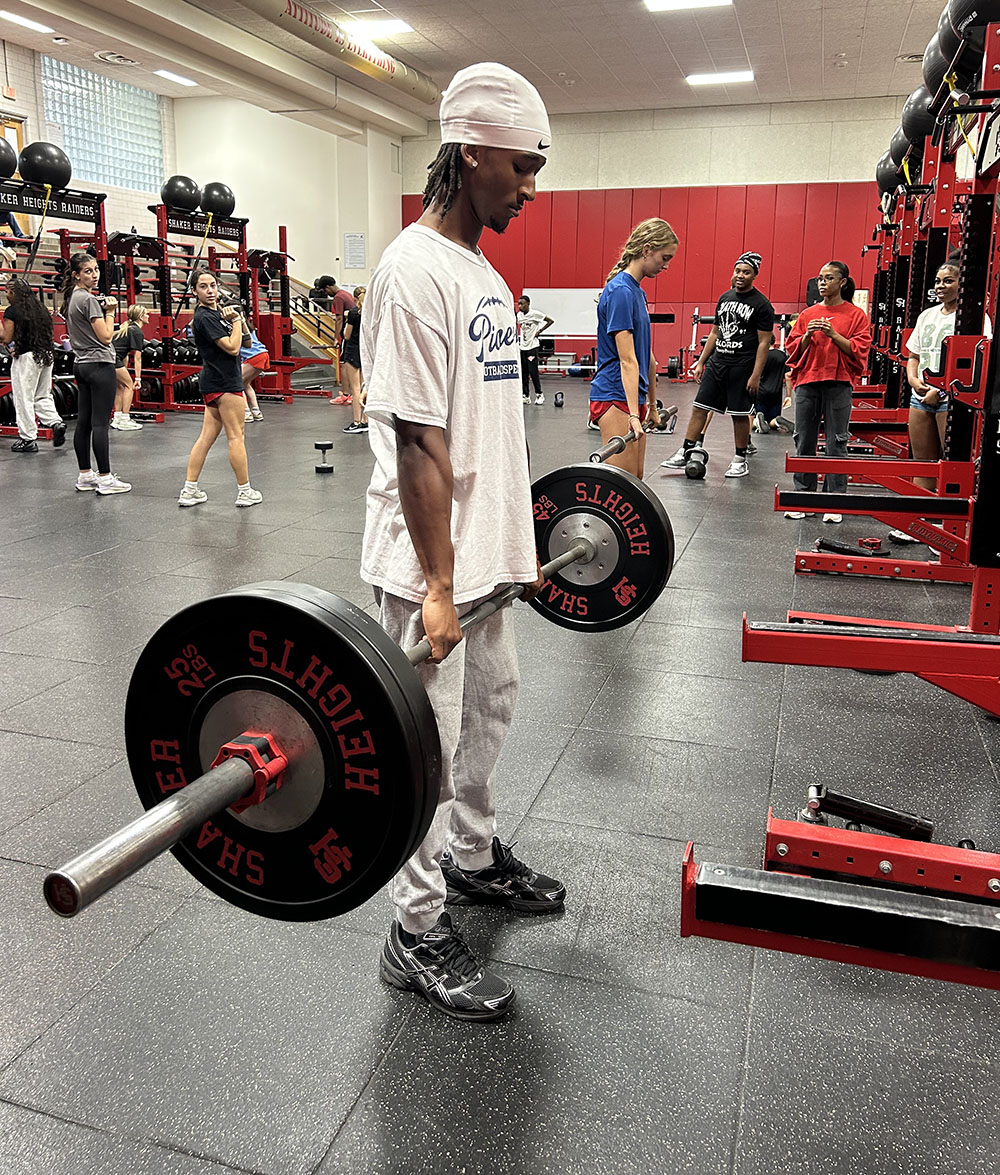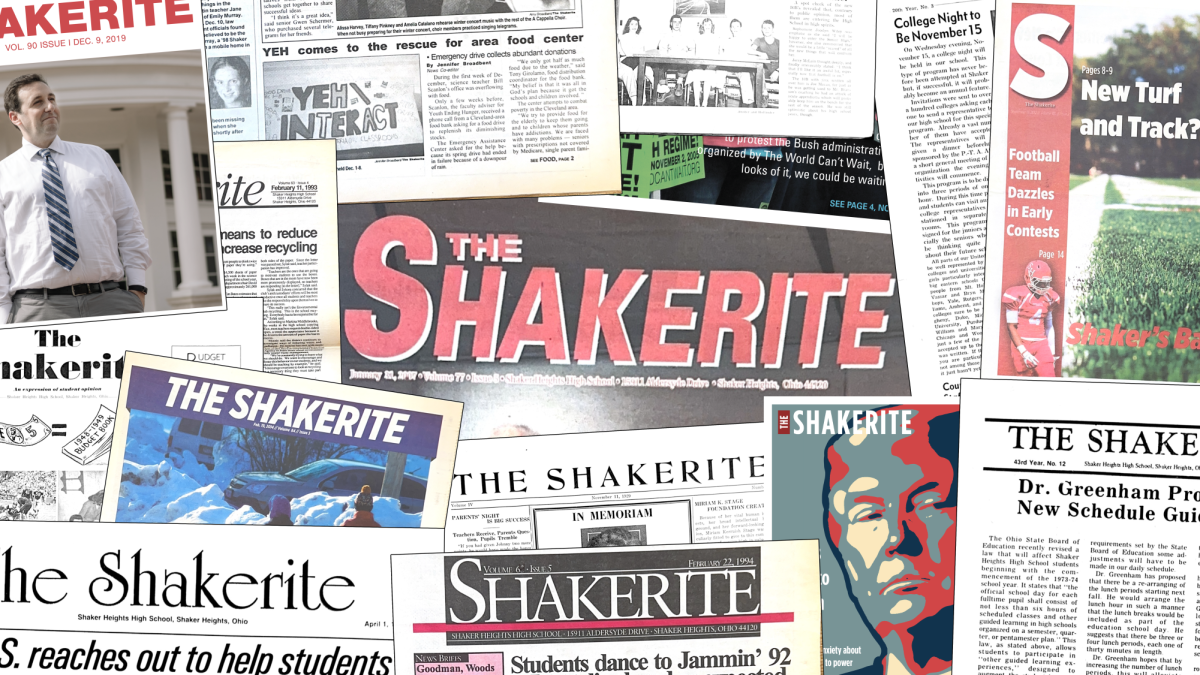It took the KONY 2012 video six days to accumulate 100 million views. It only took a weekend for most of those viewers to lose interest.
Compared to music or comedy videos that have gone viral, KONY 2012 was the fastest to reach 100 million. Whether you were scrolling down your Twitter, Facebook or Instagram feed, you most likely saw a link to this video Monday, March 5. For the next week at school, you probably heard classmates and friends talking about it.
All it took were a few photographs of mutilated victims and a filmmaker’s innocent little boy to instantly capture our attention. We expressed no suspicion, no doubt and no urge to find out more about who was attempting to make a malicious African criminal famous or who that leader was. In half an hour, we became experts on Joseph Kony and the Lord’s Resistance Army, even though most of us can’t even point to Uganda on a map. The slick film identified the problem for us and offered a simple solution: donate $30 to Invisible Children, receive two bracelets and a poster. For most of us, that was sufficient. Not until the initial excitement had passed did people begin to research the Invisible Children organization and the intentions of filmmaker Jason Russell.
The main criticism of Russell and the organization is that the film oversimplifies the plight of the Ugandans and even exaggerates some facts about Kony and his group as it exists today. There have also been allegations that Invisible Children is exploiting the situation for economic gain, claiming that it keeps 70 percent of the donations received. More troubling are criticisms that in aiming to rid Africa of Kony, Invisible Children supports other rebel groups who commit atrocities.
The truth about Invisible Children is that it is an awareness organization, not an aid organization. Its goal is to raise money to create more tools (i.e. videos, posters, action kits) to raise awareness of the issues in Africa.
To be honest, we were proud. We were proud to walk our school hallways last Tuesday and see everyone riled up about helping. It was inspiring, it was exhilarating. But we can’t be proud of ourselves because we were one of the millions to post our support on Twitter. We need to be knowledgeable about the cause and we need to help in ways that can be done without our computer or smart phone.
Don’t get us wrong, Russell is fighting for a deserving cause. Kony is guilty of horrible and intolerable acts, and there is no doubt in our minds that he should be stopped. This is a worthwhile issue and it deserves our support; the children in Africa deserve our support. So much, in fact, that we owe it to them to do the right research and fund the right organizations.
It’s frightening to realize how one well-made video can entrap the attention of an entire population. Imagine what damage a person could do with this type of power. As long as there are quality images and music that spark sympathy and anger from their audience, a person or organization can manipulate millions. We could be tricked into believing anything. It is necessary for our population and our generation to learn from our ignorance and not let it cloud our vision in the future.
Do your research. Find a cause to support, or continue to fight in hopes of stopping Kony. But find an organization that thinks their cause is more important than the rise of their company. If you want an example, go to the nearest smart phone or computer and research GlobeMed. This unique organization is a national network of college students working to improve the health of impoverished people, including Ugandans. Brian Redline (’06) is currently involved in GlobeMed at Washington University in St. Louis and is reaching out to Shaker faculty, students and residents to support the cause he has found a passion for.
True, GlobeMed has not created a large-scale, professionally made video that has gone viral on YouTube, but that doesn’t make the cause they are fighting for any less important. Here is an important issue to support, with a reliable source to contact. So don’t lose your enthusiasm to fight for problems that need our help. And, if it helps, order propaganda and post it on social media so the word gets out. Just don’t stop there – stop when you know that you, individually, and we, as a community, have made a difference.



